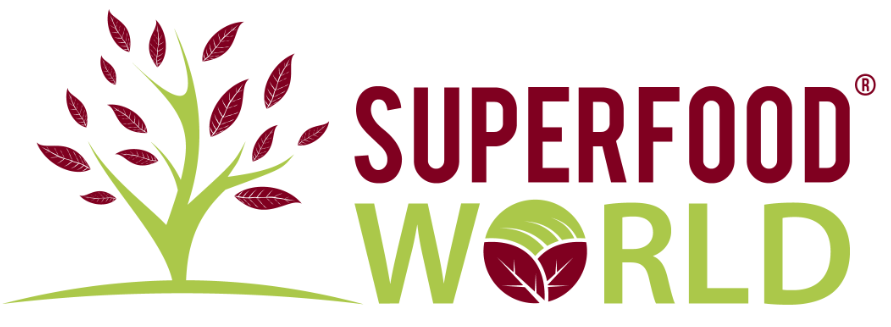
The much-hailed superfood Spirulina is an edible bacteria that is one of the oldest life forms on earth.
It’s a blue-green algae that blooms naturally in lakes around the world. It uses light, warmth, water and minerals to produce protein, carbohydrates, vitamins and other vital nutrients.
Spirulina has been classified as a healing superfood because it’s one of the planet's most concentrated, nutrient-dense foods.
It is packed with 60%+ protein and contains all eight essential amino acids, required for optimal growth, brain function and circulatory system.
Spirulina also has ten of the 12 non-essential amino acids, other nutrients like beta-carotene and minerals such as iron, which support good health.
To top that off, it’s low in fat and sodium and it’s easily digested.
The algae can easily be consumed as a health supplement in either tablet or powder form.
What is Spirulina good for?
It contains powerful anti-oxidants that can help guard against ageing, and diseases like cancer by attacking free radicals in the body.
Because of its anti-inflammatory properties, Spirulina is also good for combatting allergy symptoms like nasal congestion.
Studies suggest it could reduce blood pressure, cholesterol, blood sugar levels and boost the immune system.

Regular use improves the digestion and gastrointestinal health, creates beneficial flora in the digestive tract and makes the body produce more red and white blood cells, which kill germs and viruses.
Spirulina has also been shown to improve muscle strength and endurance in people who exercise.
The algae's potent nutrients, like amino acids, can help to keep your skin hydrated and free of toxins. It can also be applied topically.
Spirulina can also help to promote weight loss in a variety of ways such as helping to satisfy your appetite.
How do I take Spirulina?
One of the easiest ways is to take Spirulina tablets.
You can also use Spirulina powder in your cooking routine - there are lots of easy and fun recipes to choose from. Try it on soup, pasta, hummus, puddings, energy bars. Adding the powder to smoothies is popular.
Vegetarians and vegans can safely consume Spirulina, which is a good source of protein. It’s also suitable for coeliacs as it is gluten-free.

Are there any side effects?
Some people may experience side effects such as headaches, sweating, slight dizziness, upset stomach, skin reactions, thirst and constipation.
People with autoimmune diseases should avoid it because it could stimulate the immune system and make the condition worse. Spirulina is not appropriate for those with serious seafood or seaweed allergies. Pregnant and breastfeeding women should seek advice before taking Spirulina.
Where should I buy it?
Spirulina can absorb contamination where it’s growing naturally or where it’s being commercially produced.
That’s why it’s so important to buy Spirulina from a reputable and clean source such as Superfood World


Hello superfood-world.com Administrator, exact same in this article: Link Text